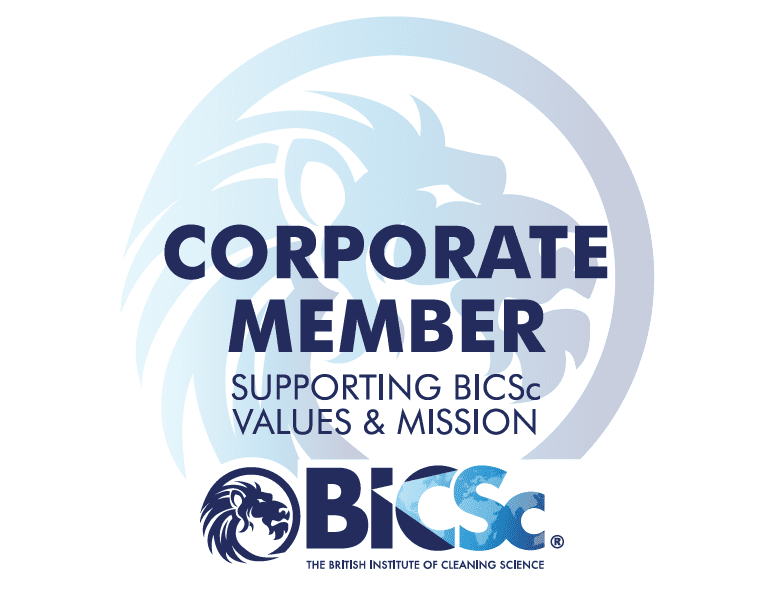Blog – Pride month
In Pride month, Paul Courtney, Q3’s HR advisor, give a personal perspective on what being part of the LGBTQ+ family means to him. Well, I…
Read More

Mark believes that the FM sector may have lost some of its zip and dynamism, to the detriment of many clients. He looks at the challenges and considers some ways we might get ourselves back on track, once again putting clients’ needs at the centre of our thinking.
In FM, many would argue that cost has been the primary driver behind an organisation’s decision to outsource FM services to a specialist provider.
However, in my view, what’s equally important in the outsourcing decision-making process is the belief clients invest in the agility and dynamism of an external partner, as well as their confidence in the outsourcer’s ability to simply get things done.
Sixty years after the term “facilities management” became a thing, we have seen the contractual FM model evolve from single service, through bundled services to Integrated FM or Total FM models. Each step supposedly created a more joined up, lower cost and better value proposition for the client. Many would argue it hasn’t.
Instead, it has initiated a market consolidation amongst the leading service providers, as they have scrambled to acquire the skillsets necessary to self-deliver across an ever-broadening range of FM trades and disciplines. This consolidation process has fuelled the emergence of larger and ever larger industry players, turning over £billions.
But does big necessarily mean better? My view is that it has had the complete opposite effect because the big FM organisations have now become more complex and cumbersome, constraining their creativity and ability to respond quickly.
FM is in essence a simple business activity but ironically, in many cases, the suppliers have now become more complex than the clients they serve. Diseconomies of scale start to apply, and this raises a host of questions about whether the trend is a good thing from a client perspective. Has it resulted in significant improvements in service delivery and value? Has it generated innovation in operational models or created new ways of working? No, not if we are being honest with ourselves.
The large FM providers are now on a journey where they are committed to chasing down the multi-site, multi-million-pound, IFM model contracts which fuel their top line growth. There is limited flexibility or variation in their offer because the vehicle they have created is too slow and expensive to move in any other direction. The model is formulated to maximise their own strengths and capabilities, rather than a solution built around true client need.
Paradoxically, it is presenting the smaller and medium-sized players with a significant competitive advantage because they are inherently more agile, flexible, unbureaucratic and are more customer focused with their approach.
Many other industries have witnessed disruptive new entrants that shake things up or create whole new paradigms in the ways goods and serviced are delivered. Mostly, technology is the catalyst to their success – think Amazon, Netflix, Tesla, Uber, Airbnb. For some years, tech has also offered the promise of revolutionising the FM sector, and it is probably through tech innovation that the breakthrough will come. In FM, it hasn’t happened yet, but when it does, I believe it won’t originate from the market leaders but from the smaller FM companies with technology at their heart, or tech-based organisations that don’t yet have a presence in this huge industry.
Downsizing to improve?
In our quest to improve the FM marketplace, have we unwittingly destroyed the very essence of what made outsourcing an attractive proposition in the first place? And does this explain partially why many clients have reverted to best-in-class single service contracts or smaller, more agile providers who are more aligned to their business drivers and everyday FM needs?
The industry needs a serious shake-up. We cannot persist with recycling the current model of output-based tender, where bidders just price to the same commoditised specification, led by a formulaic set of requirements. How will this ever lead to new horizons where FM drives new, alternative models of delivery?
There is a desperate need for change, and honestly, I can only see progress coming from an about-turn in the supersizing trend so that players once again become hungry, energised and agile and exhibit a mentality that is totally customer focused. This is especially important for smaller clients for whom the super IFM solution is neither appropriate nor affordable, and frankly appears confusing and irrelevant to them.
I don’t necessarily believe we have to rip everything up and start again. We do however need to remember the reasons people found outsourcing attractive in the first place and start concentrating on meeting those needs. That begins by becoming much more of a listening industry that acknowledges our clients’ key business drivers and delivering against them, rather than through meaningless, low-level KPIs.
This is the approach, or perhaps a better word is “philosophy”, that we employ at Q3. We look for potential clients with whom we know we can make a real positive difference, and who will in return, value the work we do. From the outset, we build relationships at a personal level involving the senior leadership team, who stay involved for the duration of the contract. We take an holistic view of the business drivers that operate within the organisation and introduce subject matter experts from our team who have operated in the same sector. Only this way can we really get under the skin of the organisation and build a tailored FM solution that satisfies their unique needs and matches their expectations exactly.
Technology underpins this approach, and we make use of the best technology available to support the business processes within our client’s operation. It’s all about applying technology to improve the desired outcomes, rather than applying technology for technology’s sake. We adopt open-protocol systems that can be easily adapted, and frequently exploit a client’s existing infrastructure to create the solution. This way, the technology infrastructure is bespoke to the client, and effectively becomes their data on their system, in perpetuity.
This isn’t rocket-science. In fact, it’s “marketing” in the true sense of the Chartered Institute of Marketing’s own definition: “The management process responsible for identifying, anticipating and satisfying customer requirements profitably.” It’s the opposite of the current FM market-stall mentality which says, this is what we sell, which bits do you want to buy?
Of course, we see an obvious question looming, which is how we maintain this approach as Q3 grows from a boutique FM service business into a larger business competing with the UK top 50 FM providers. Yes, there will be growing pains, and we will face many of the challenges from diseconomies of scale that I have described in this article. The good news is that we are aware of the pitfalls and are planning accordingly. If we keep the focus on being fleet-footed, agile and customer-centric, then we won’t need to change our business model and know we can manage the growth transition.
Here are some more news and opinion articles that may be of interest:








